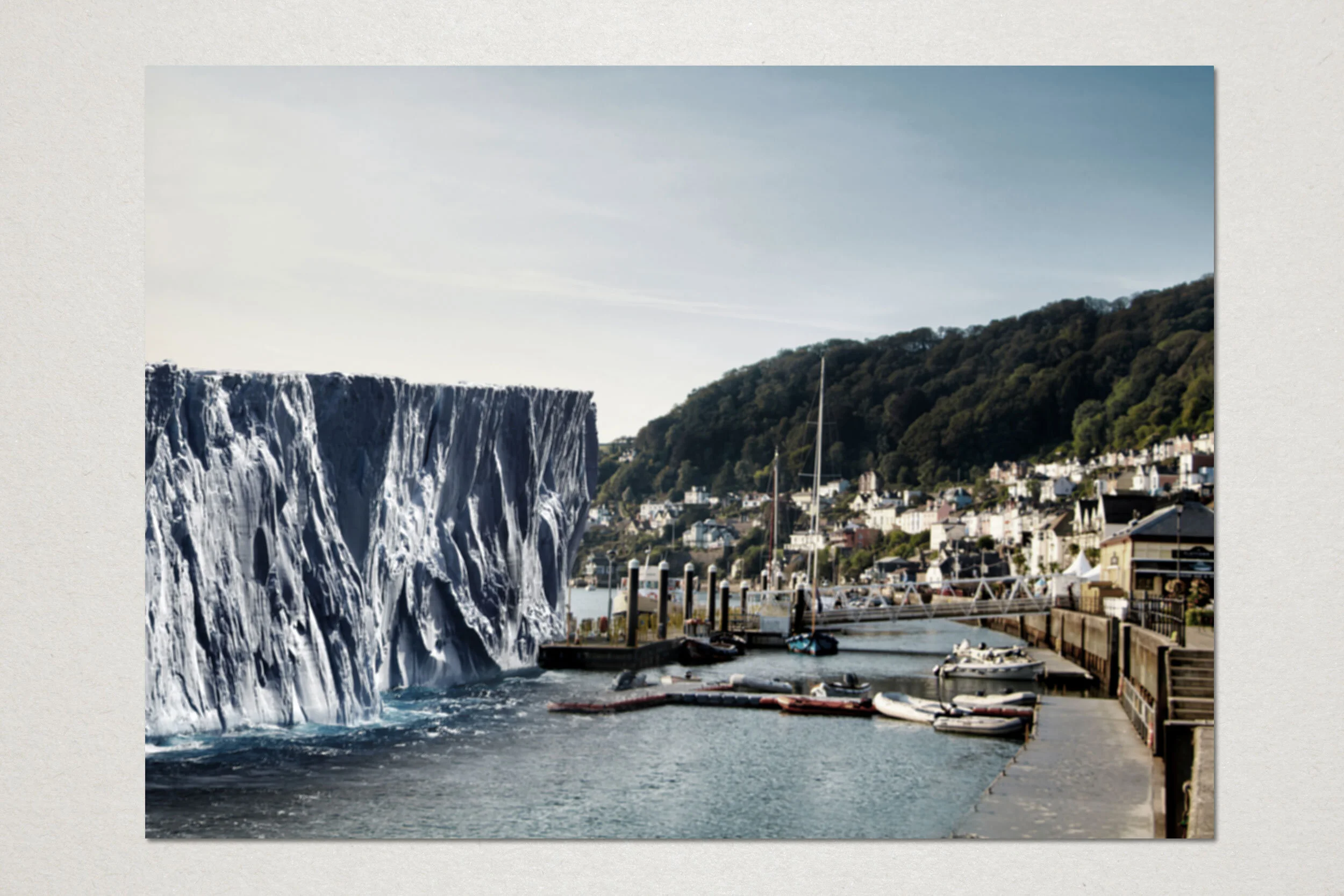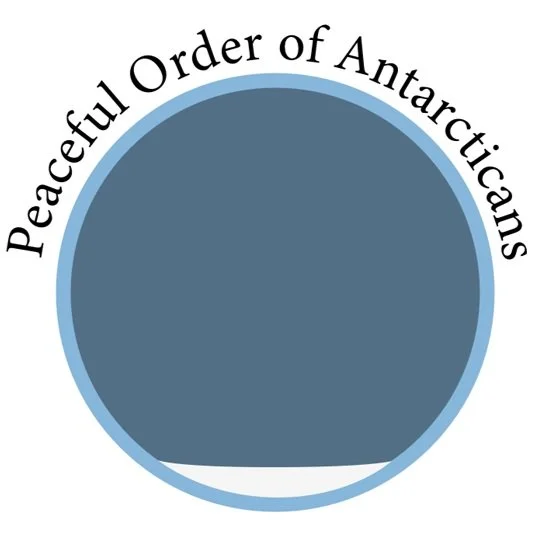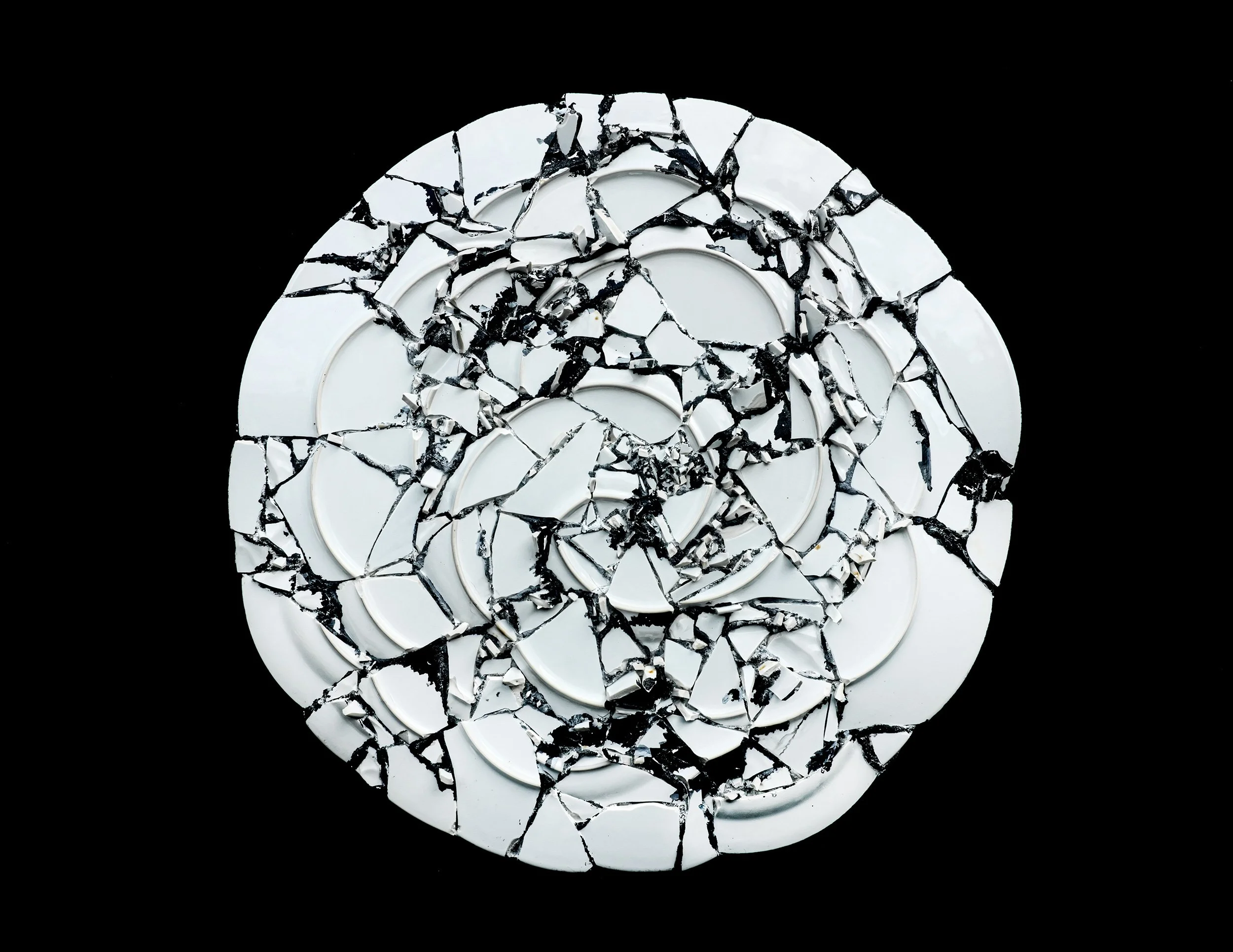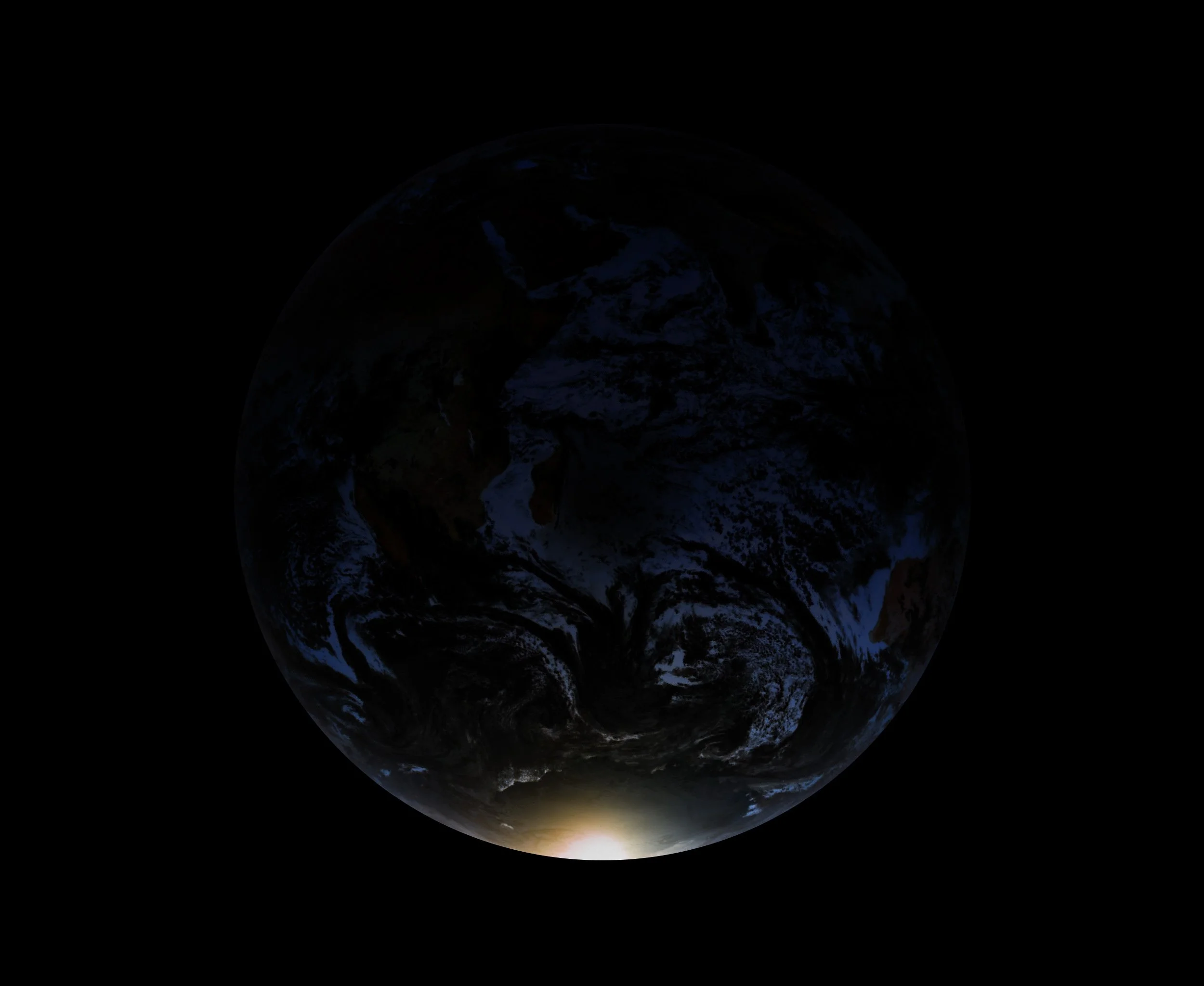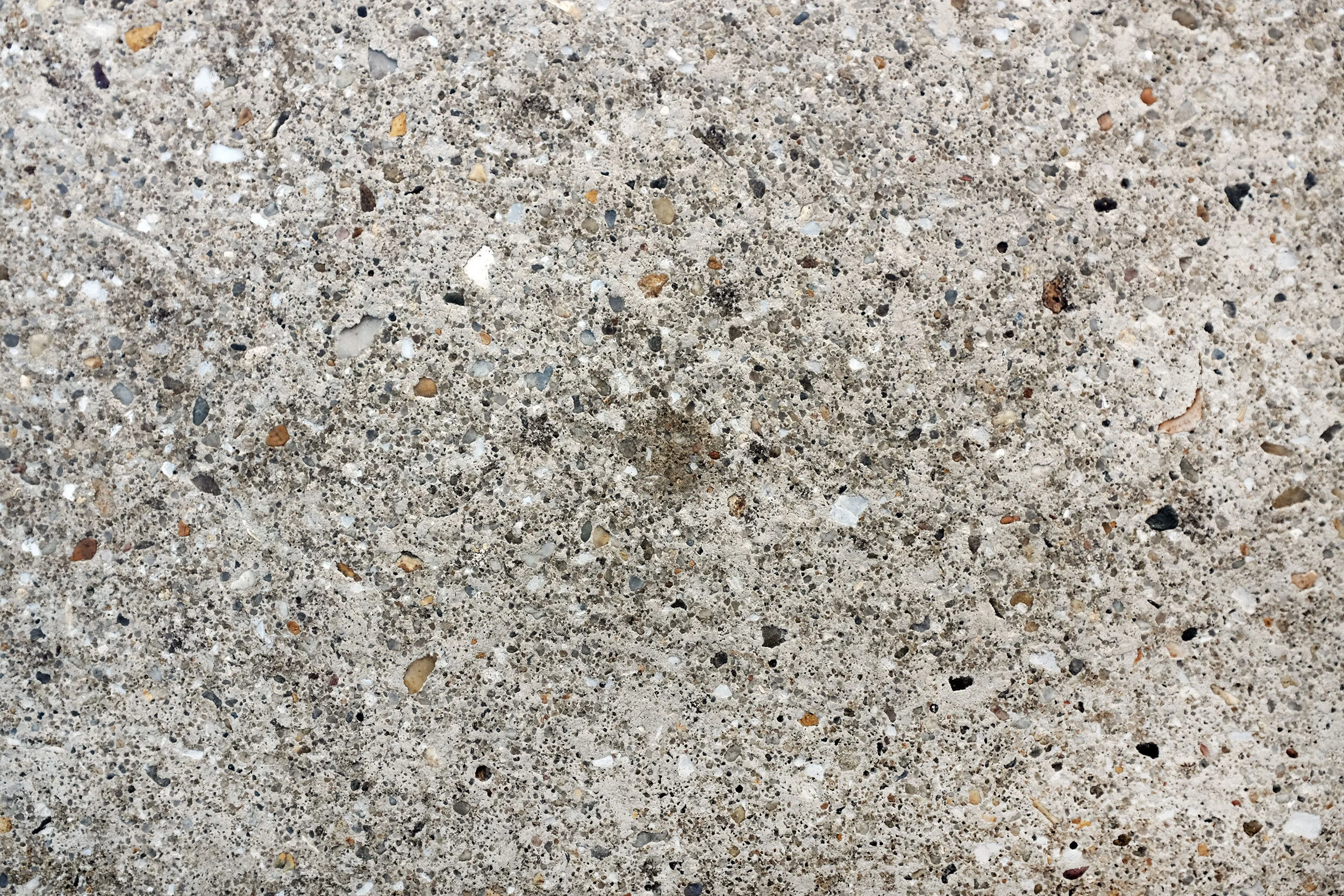Doorstep
Doorstep. Postcard. 2021.
Doorstep
I walked to the harbour early, before anyone was up, before the trawlers had returned, even the seagulls were quiet. The ropes on the masts of the sailing boats rang hard, sharp bell tones, in their own cascading off-kilter rhythm. I could hear them before I turned onto the quay. I could smell it too: old crab shells, rusted metal chains, rotting creels, the vinegar from yesterday’s chips. The sun was pushing up to my left, so I walked on the west pavement under the half timbers, past the pub sign permanently rusted at a strange angle, among the beautiful pink flowered weeds that shimmer every summer from the cracks in the old mortar.
A few pigeons peck at something awful in the gutter and fly off ahead at the sound of my cobbled footsteps. I watch them rise between the brownblack tar shuttered overhangs of the the buildings that line the front, up into the morning light, when suddenly it disappears, the light I mean, the entire street darkened with not a cloud in the sky, followed by an incongruous chill wind. And the pigeons, who’ve looped back, fly back over my head again, away up the hill behind. And then, with an equal lack of warning and with equal rapidity, the day lightens. I’m stunned and looked around instinctively for shared witnesses. Moments later it happens again, the entire town cast in shadow accompanied by a sharp cold breeze that catches a street cat, who’d previously been warming by the fish-bins, chasing it up a wall and through a window, which promptly shut behind it. All this is happening in front of me as I come down the street. All the warmth gone from the air, all the light and then, moments later, back to normal and, moments later, gone again. I put my hands in my pockets, regretting not wearing my jumper and came to the corner where my road runs perpendicular to the quayside.
It was one of those unusual days you see. Somehow, we never found out how, but there was an iceberg, about two or three stories high, about 150 metres wide and maybe the same again stretched back into the sea; a bluewhite, giant slab, slowly tipping up and down in our deep harbour, casting out the sun each time it rose. And each time it sank, the pontoon onto which it had become lodged and the boats moored nearby rocked and tipped madly, bashing into each other, scraping against the harbour wall and tugging at their orange buoys. The whole sea front was awash with shingle pebbles, right there in the street - some quite large, thrown up presumably by it’s rocking tidal waves. I kicked a few as I crossed the road, which knocked into other ones.
This iceberg, its sides, deeply pocketed heart-ice, glistened blue, did not run with water. And while it was a quiet morning, I leaned over the tubes, painted with a thousand layers guarding against the seawall drop and could only make out a faint low frequency, a gentle cracking perhaps against the much louder crashing of the sea. Otherwise, it was silent, grave as a cathedral, nodding, dreaming the sleep of eons. It was a chance encounter they came to say, but with a giant, who fell asleep only to be roused on our doorstep.
I went down onto the pontoon and watched it, wondering what would happen next. I laid my hand on it, looked into its stratified hulk. Would the towns people decide to hack it up into ice cubes for their summer drinks? Or melt it down for toilet water? Perhaps a whole industry would arise selling slices of it off as souvenirs. Or would some enterprise try to haul it to some place where they don’t have water? It felt cold of course, the heat from my hand causing a thin slick of water beneath it. I leant over and sniffed it, but it was almost without odour, but I licked my fingers anyway and caught an underlying, untainted, faintly mineral sweetness.
By the time the sun was fully up, so was most of the town. But instead of celebration, or even curiosity, there hung a mist of chastened solemnity among us. People talked. I talked. But after a while the crowd thinned, dispered to its labours. Not me though, I wasn’t working. I stayed and regarded it while people went to open their shops and unlocked their offices. I was its witness.
Later on, someone took some samples from it and declared, given the patterns of deposits, the formation of air bubbles in the ice core, that it was likely not an Arctic iceberg, but had started its journey to this little place some 10,000 miles away to the south. In that time, it had presumably significantly reduced in size, meaning that its original size was doubtless colossal. Somehow it had survived the baking equatorial sun and now what was left was something so dense, so compressed, that it was more akin to a sapphire than a hunk of frozen water.
I’d like to tell you that something exciting happened with it, but it was in itself, exciting enough. And no one had the imagination to attend to it, or use it, or name it, or extract its waters. And the civic planners had not the heart or the money to get rid of it, so it stayed and people stood in front of it, while it lasted, for their photos. Some people wanted it gone, but generally people were apathetic, ambivalent.
In the evening I wandered back home up the hill, went upstairs and noticed a warm white light cast on the wall of my bedroom. I opened the window. It overlooked the rooftops and the iceberg beyond, colour of the the sky, circled with birds, was reflecting the sunset. The iceberg that melted away that summer to nothing over five weeks, what brought it to us? I looked into the jewel, but didn’t understand the facets, the reflections. I think I thought it was meant to mean something. I still do.
